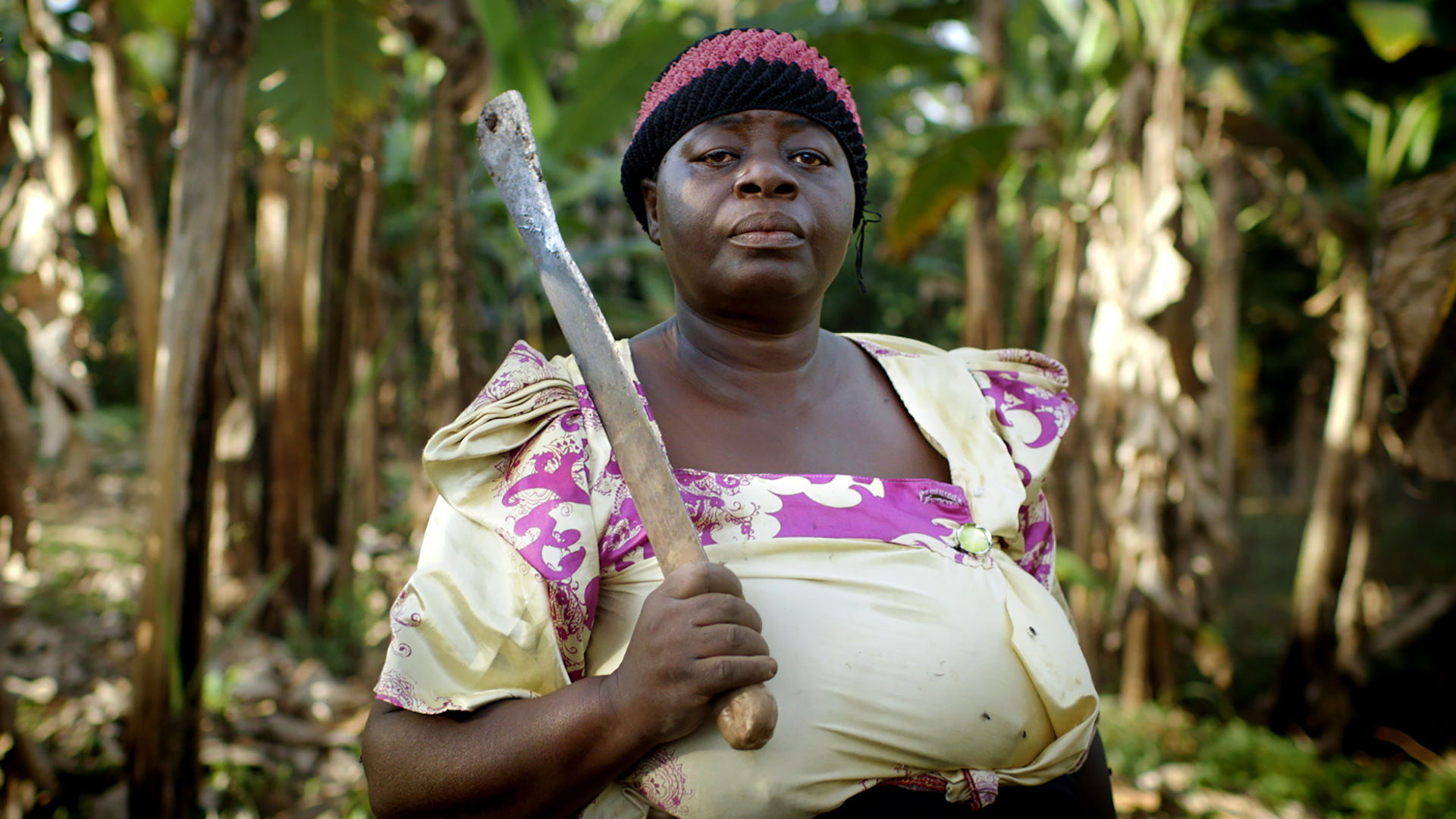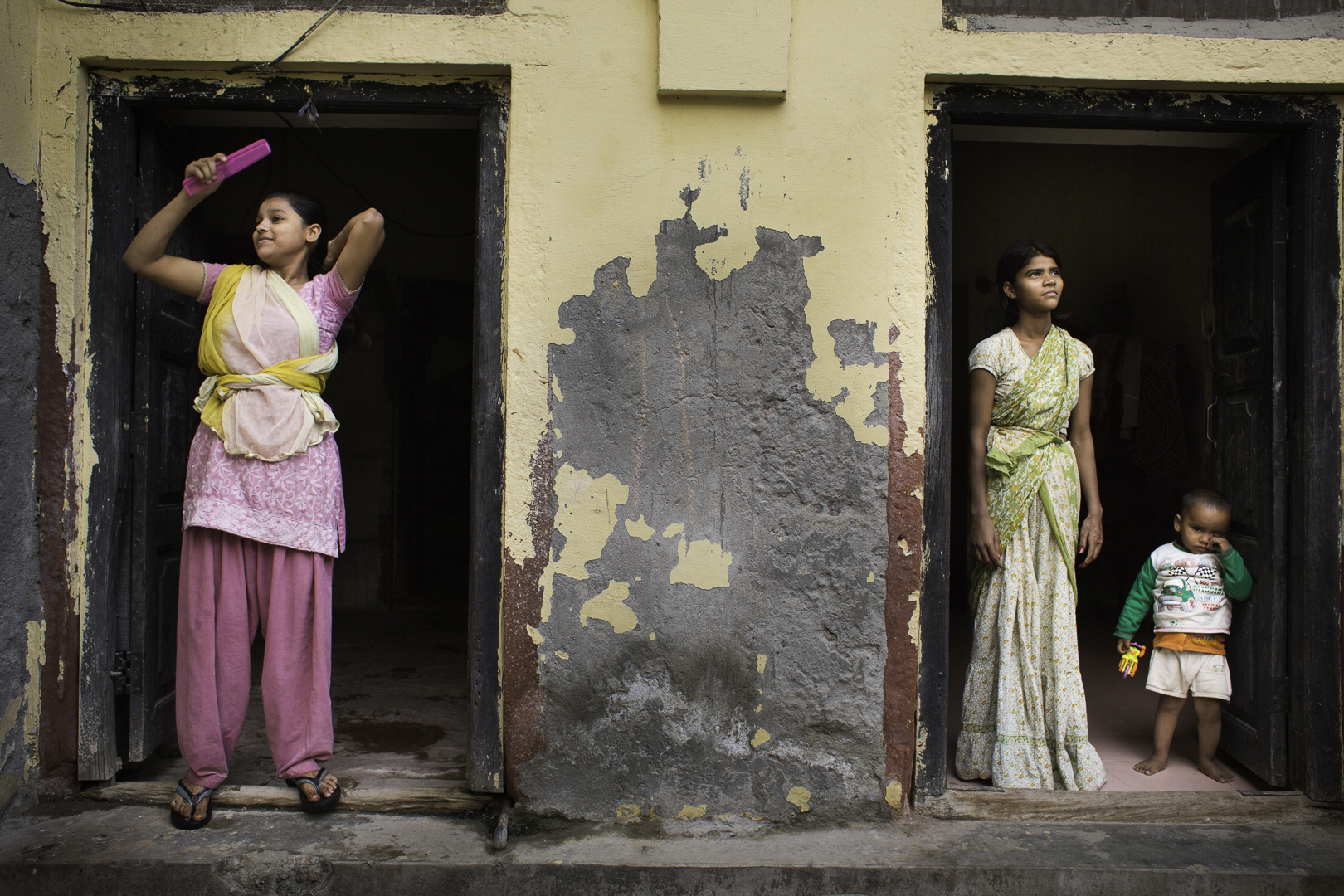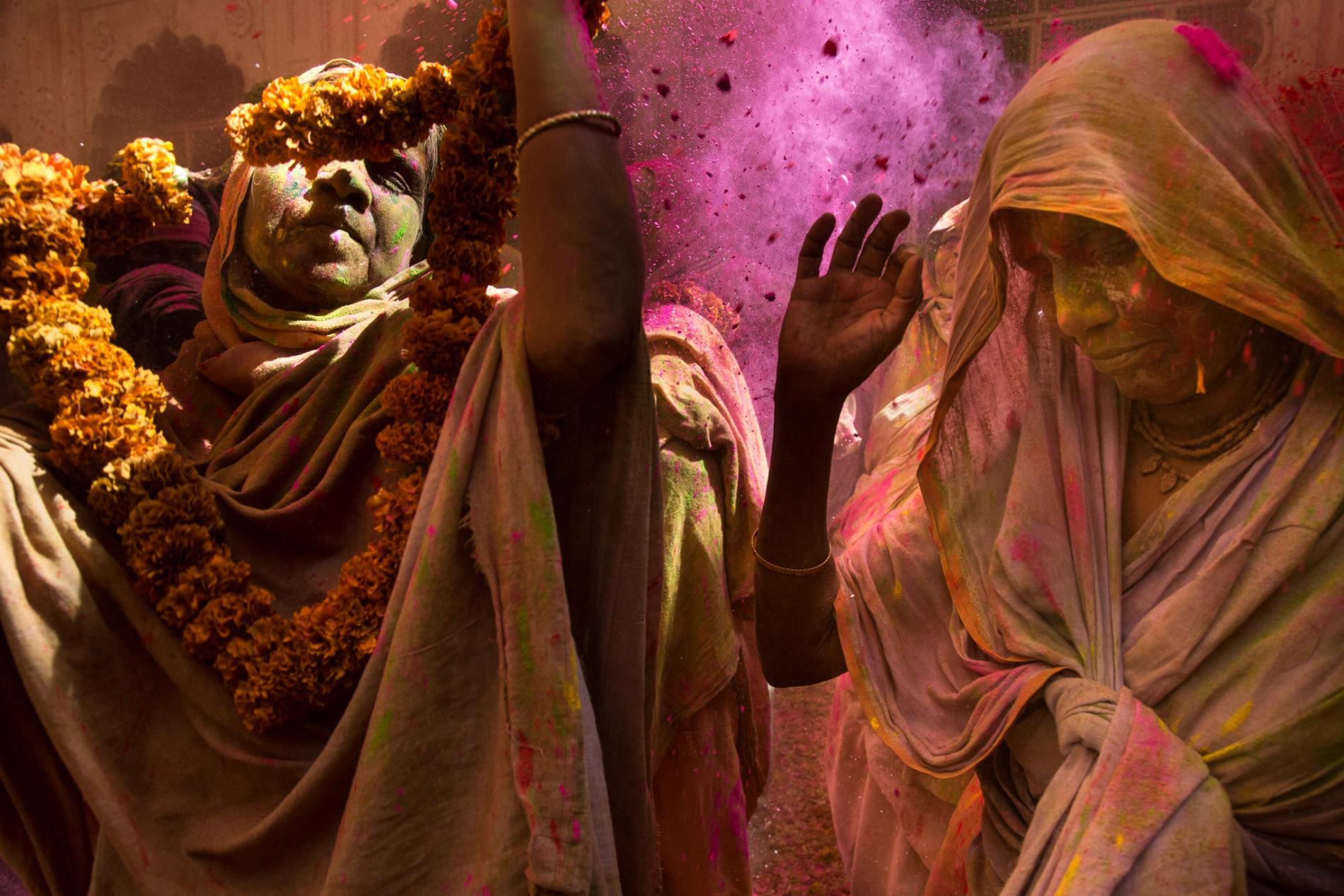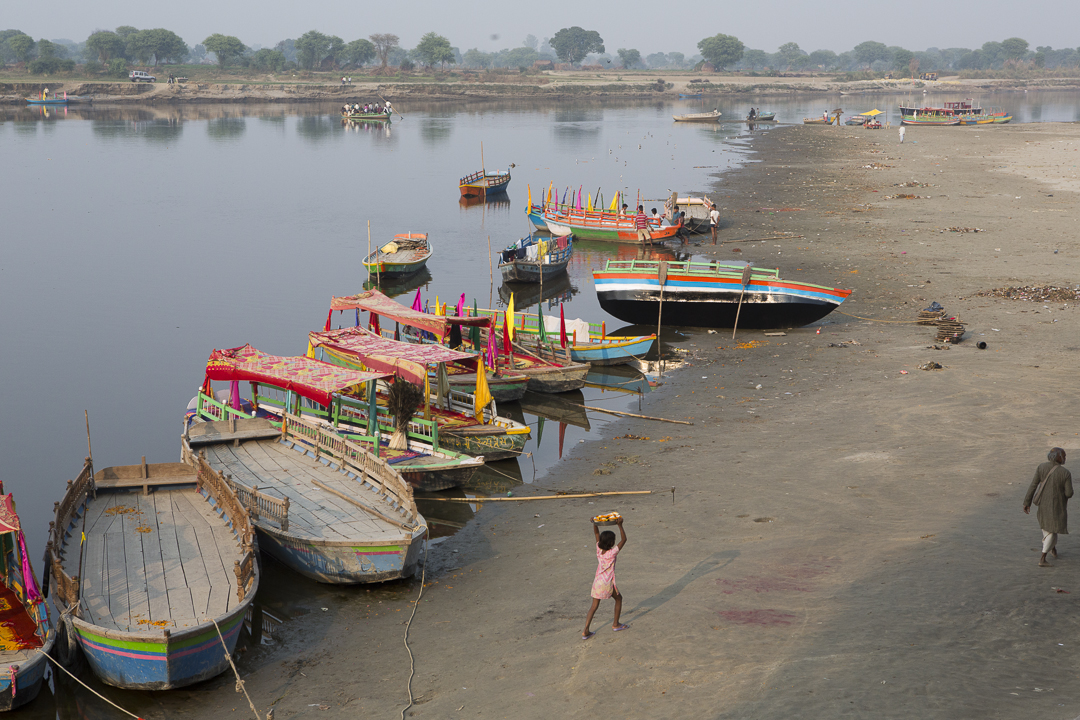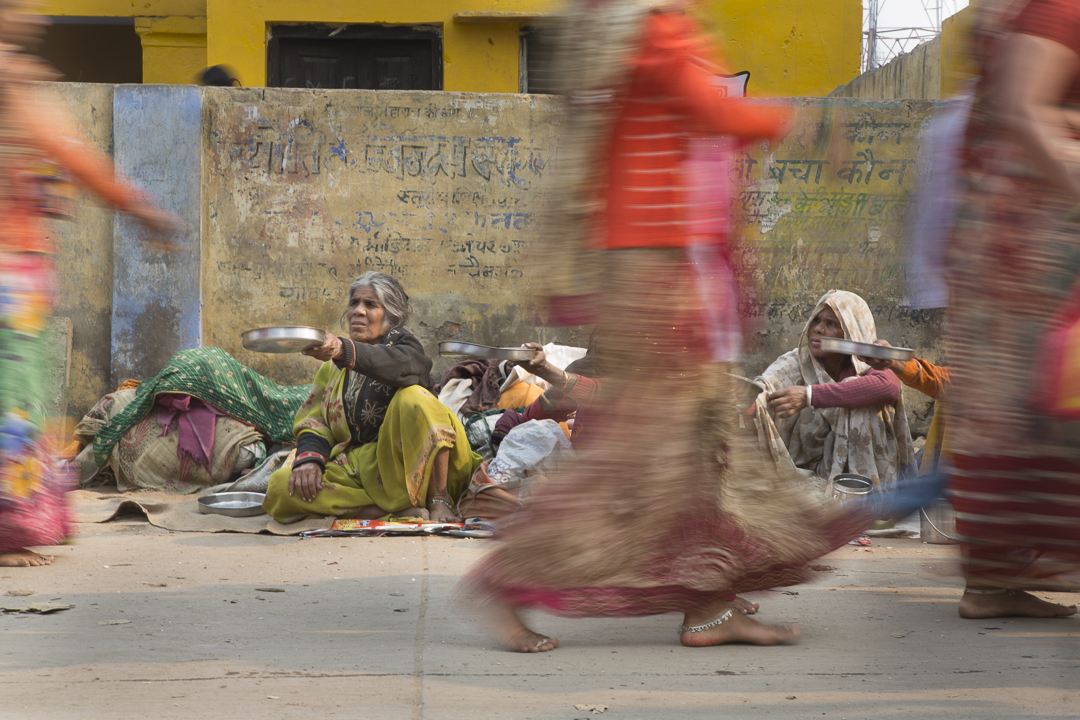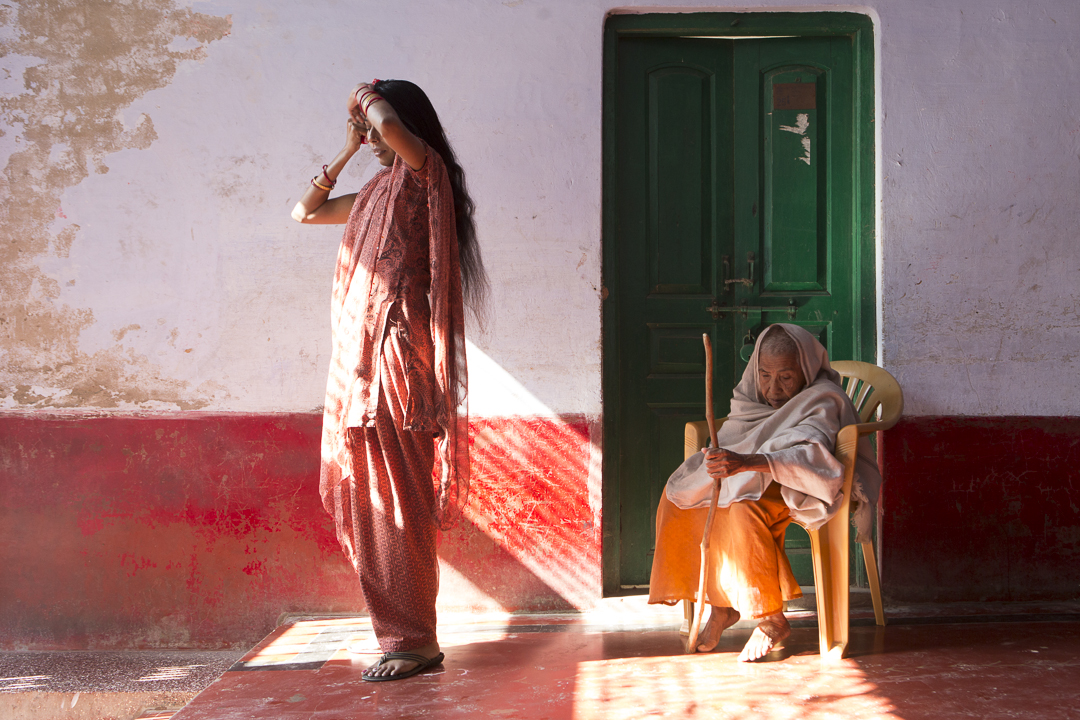
In some parts of the world, a husband's death brings his widow not only personal grief but also a new life of extraordinary hardship, poverty, powerlessness, and abuse.
In the Balkans, widows whose husbands were killed a quarter century ago, in mass executions now called crimes of war, have spent decades simply fighting for remains to be identified, from among millions of deliberately-scattered bones—so that there might be something inside a coffin to bury. In India, thousands of impoverished widows live in concentrated communities of exile, sent away by families that fear or revile a woman who outlives her own husband. In Africa, newly-widowed women can be stripped of their homes, forced to drink the water in which their dead husbands were cleansed, or handed over like inheritance chattel to their own brothers-in-law.
Four years after the United Nations Secretary-General Ban Ki-Moon declared that "millions of widows in our world face persistant abuse, discrimination, disinheritance and destitution," a Pulitzer Center on Crisis Reporting project, in partnership with National Geographic Magazine, is documenting unusual widows' communities on three continents.
The widows themselves are their own eloquent biographers—as are the local social workers, lawyers and charity organizations now helping these women find a stronger voice and perhaps a more joyful life.




